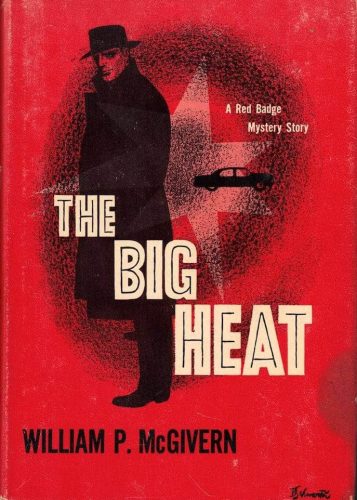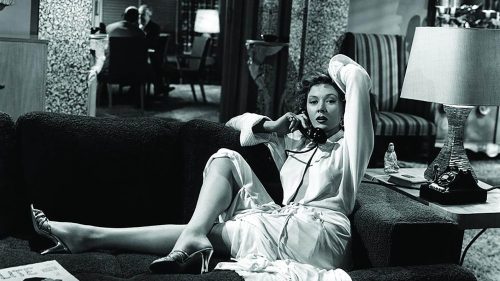There are many reasons to read or reread The Big Heat by William P. McGivern (1918-1982). McGivern, a noir and crime writer, was not overly prolific, having penned around twenty stories, some under pseudonyms, but all written with care. Often, these stories were serialized in newspapers; in the case of The Big Heat, it was published in The Saturday Evening Post. Much like Honoré de Balzac’s feuilletons, this was a useful way to build anticipation among readers, with each installment needing to leave them in suspense, eager for the next issue. Nine of these stories were adapted into films. However, McGivern’s writing manages to convey events, movements, and emotions in a way that may be even more vivid than cinematic storytelling. The plot is simple: an honest cop uncovers a criminal network that controls the city. In an attempt to stop him, the criminals even go so far as to murder his wife. But, of course, he ultimately prevails with the help of the villain’s mistress, who thereby redeems herself (a trope typical of American morality in those years), unleashing the “Big Heat” of the title, which in slang refers to an intense police crackdown on crime.

After the suicide of a police officer, a colleague begins to investigate the incident but faces a wall of silence from his superiors. As he delves deeper, he uncovers a vast network of corruption linking the top ranks of the police with organized ...

Take, for instance, chapter 17, which was completely overlooked in Fritz Lang’s 1953 film adaptation. In this chapter, at the moment when the compromising evidence against the crime boss is revealed, the city awakens as the morning lights come on: “Men with suddenly stricken faces looked at worried wives, or bored sleepy girls, and some of them took sedatives and others took stimulants and a few began packing bags…” The images here form vividly and multiply in our minds as readers, in a way that no film sequence could ever match. Sticking with the morality of the time, which forbade profanity, here’s a quiz: the policeman’s wife receives an unpleasant, threatening phone call, and when her husband asks who it was and what was said, she responds that this was the parting message she received: “You can fill in the four-letter words, I guess, “but in the Italian version of the film, those letters become seven…
For the record: the story was written in just twenty-one days in a hotel in Piazza di Spagna, Rome, where McGivern lived for a year, loving everything about Italy – “except the taxes.”